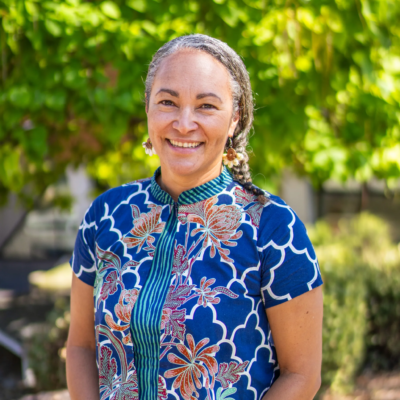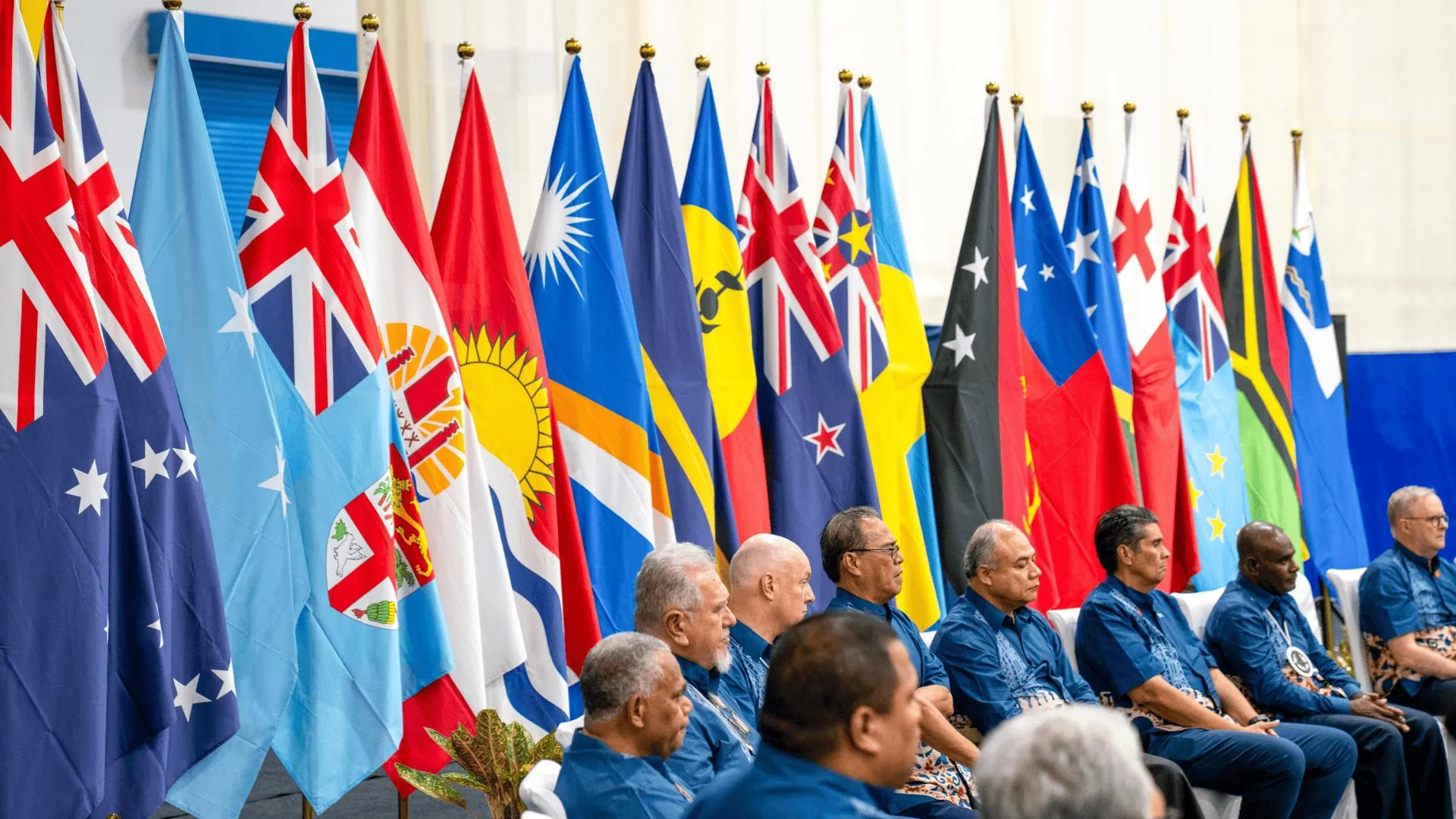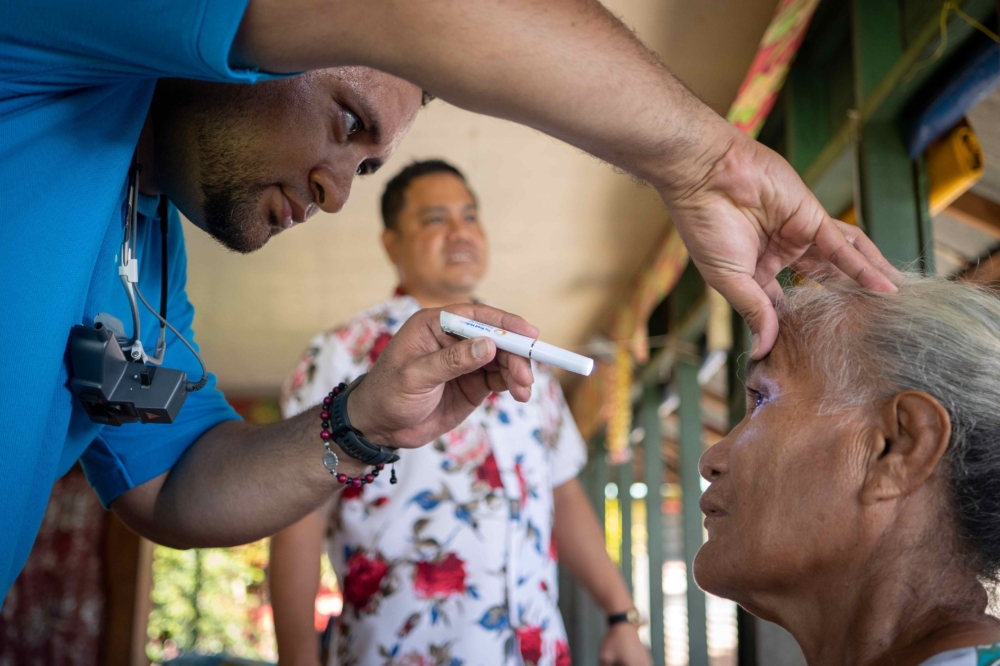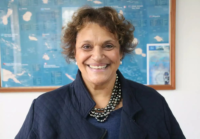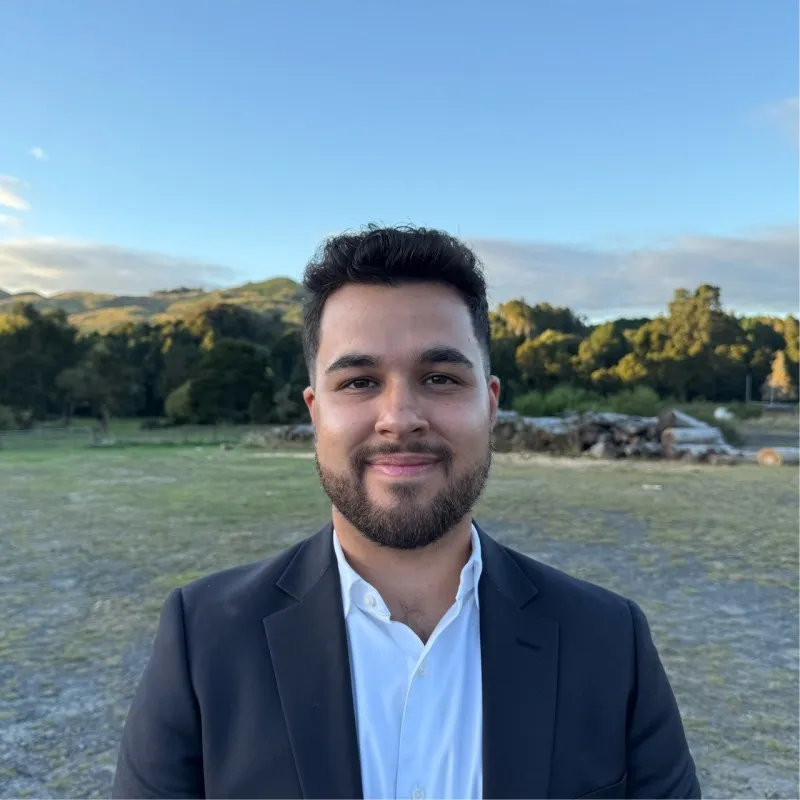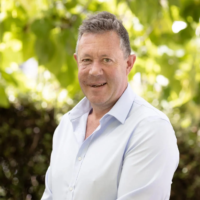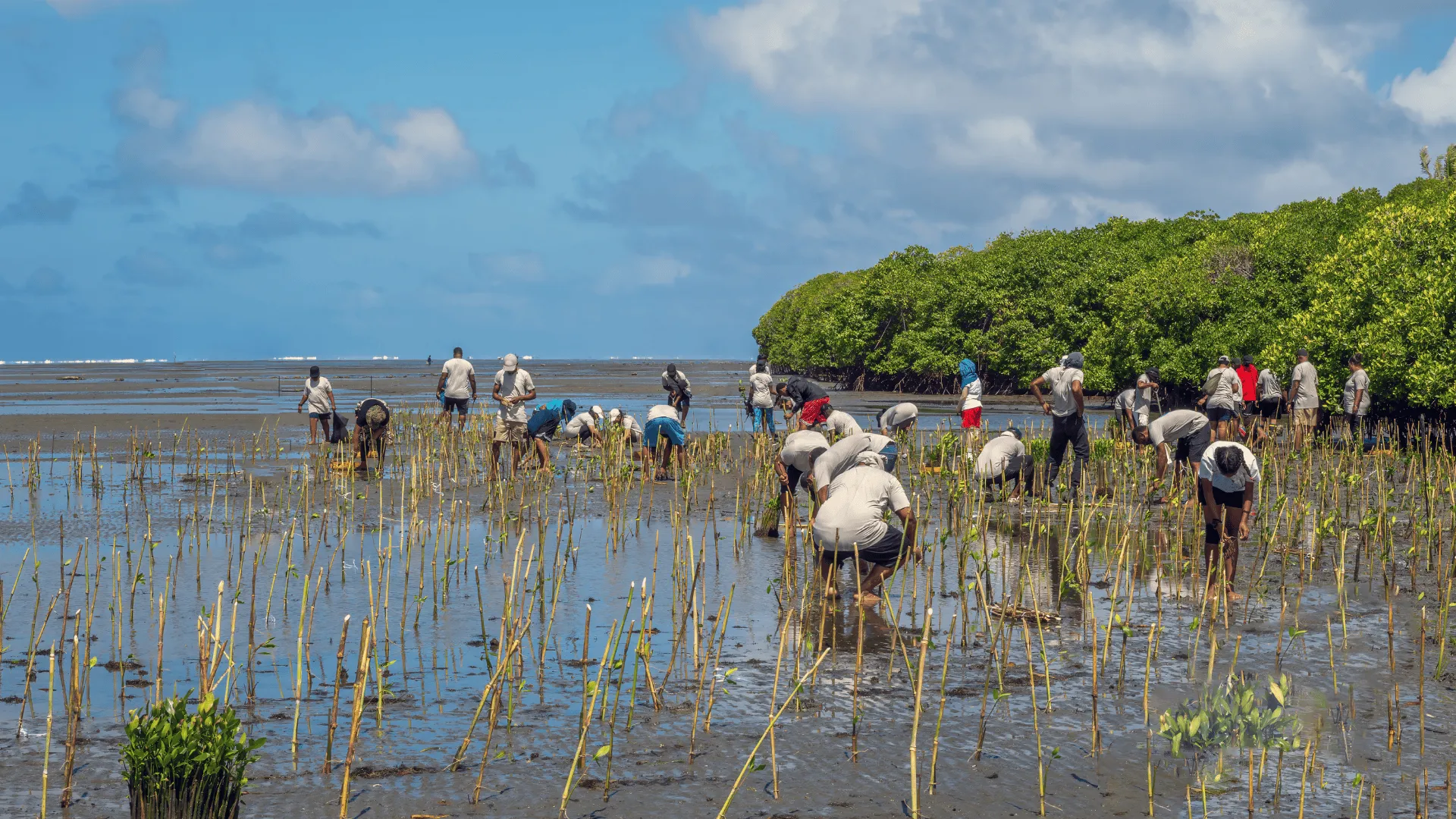Wellbeing as security for Pacific women, everyone
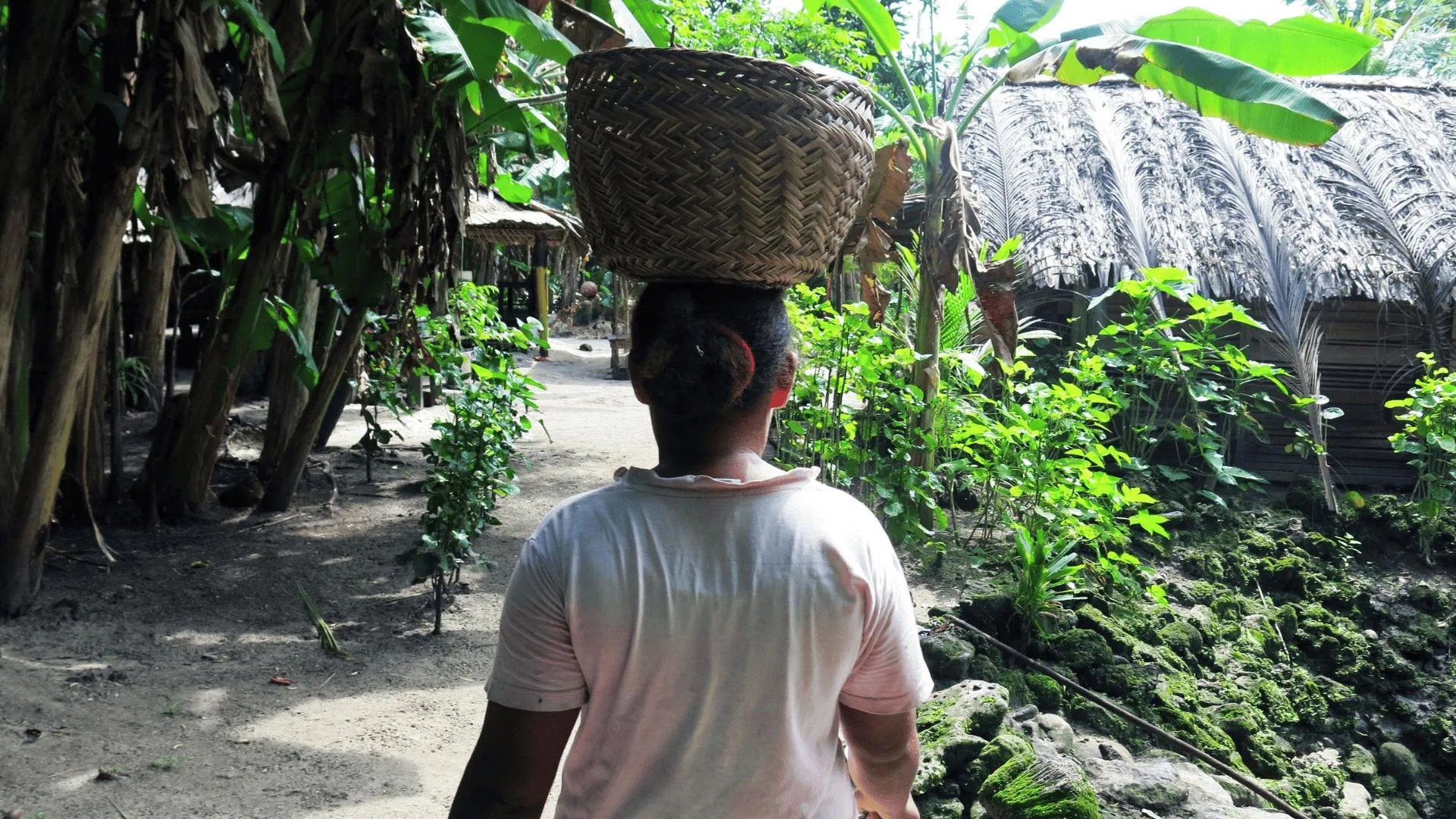
A focus on understanding women’s wellbeing can have substantial flow-on effects for the wider community. Photo: Irene Scott/AusAID (CC-BY-2.0)
In a global security environment marked by deepening conflict, peace was at the top of the agenda at two recent events important for our Pacific region.
The first is the 25th anniversary of the United Nations Security Council Resolution (UNSCR) 1325 that adopted the women, peace and security (WPS) agenda, and the second is the Pacific Islands Forum’s declaration of an Ocean of Peace.
But despite the coincidental timing, a 25-year stock take of UNSCR1325 implementation is not “mission accomplished”, according to several advocates who believe the WPS agenda is being sidelined by hard security priorities and hostile politics.
“When we talk about peace, we mean demilitarised, decolonised and denuclearised peace,” says Sharon Bhagwan-Rolls, a long-time Pacific UNSCR1325 champion and key feminist civil society voice.
“Gender justice and gender equality is what brings peace.”
Civil society and community groups often play the main role in Pacific peacemaking, as seen in women’s post-conflict peacebuilding roles in Bougainville, Solomon Islands and Fiji. But Bhagwan-Rolls says civil society is often absent from formal processes, “which is why we are redesigning the table”.
Calls to localise and reimagine the WPS agenda in an Ocean of Peace context prompt the question: what could this look like?
WPS and wellbeing
Wellbeing is a good place to start reimagining and localising WPS. The 2023 global Women, Peace and Security Index report reminds us that the wellbeing of women and the wellbeing of nations go hand in hand.
Wellbeing is increasingly brought into policy rhetoric but holds different meanings for different audiences.
For example, UN SDG 3 rates physical wellbeing through quality access to health services at all ages, while the Happy Planet Index (HPI) measures wellbeing in relation to a sustainable environmental footprint. In the Pacific region, the Melanesian wellbeing indicators look at the relationship between wellbeing, free access to natural resources, traditional knowledge and active participation in cultural practices, and community vitality. New Zealand’s first wellbeing budget, passed under prime minister Jacinda Ardern in 2019, looked at individual and collective wellbeing to measure progress, and also considered future wellbeing.
A localised, reimagined WPS agenda must therefore consider how the breadth of wellbeing definitions can be usefully applied to Pacific women’s peace and security.
The WPS Index is a helpful starting point for the Pacific.
In 2023, for the first time, the Index included Samoa, Solomon Islands and Vanuatu (see table). Despite leading the region in some indicators, Pacific Island countries rank in the lowest 70th percentile overall. The Index considers wellbeing as the aggregate outcome when women’s inclusion, justice and security is achieved.

The 2023 Women, Peace and Security (WPS) Index rankings for Oceania.
Wellbeing must be more than rhetoric
The Pacific’s foremost wellbeing expert, Jamie Tanguay, cautions that the language of wellbeing is widely referenced in many indices, “but they rarely include Subjective Wellbeing (SWB) as a measure, despite globally agreed methodology”.
Tanguay believes the global standard measure of subjective wellbeing adopted by OECD countries in 2013 should be the basis for the Pacific region to develop locally driven wellbeing measures. Its incorporation of a holistic, reflective assessment of a person’s quality of life could in turn advance a localised WPS agenda.
Tanguay notes that while Vanuatu is the only Pacific country to date that has published wellbeing data, Fiji is well-advanced in its data collection, and Solomon Islands is looking to collect wellbeing data in the near future. A continued wellbeing measurement trend in the region would enable broader measurements of peace specifically for women, with beneficial insights into communities more widely.
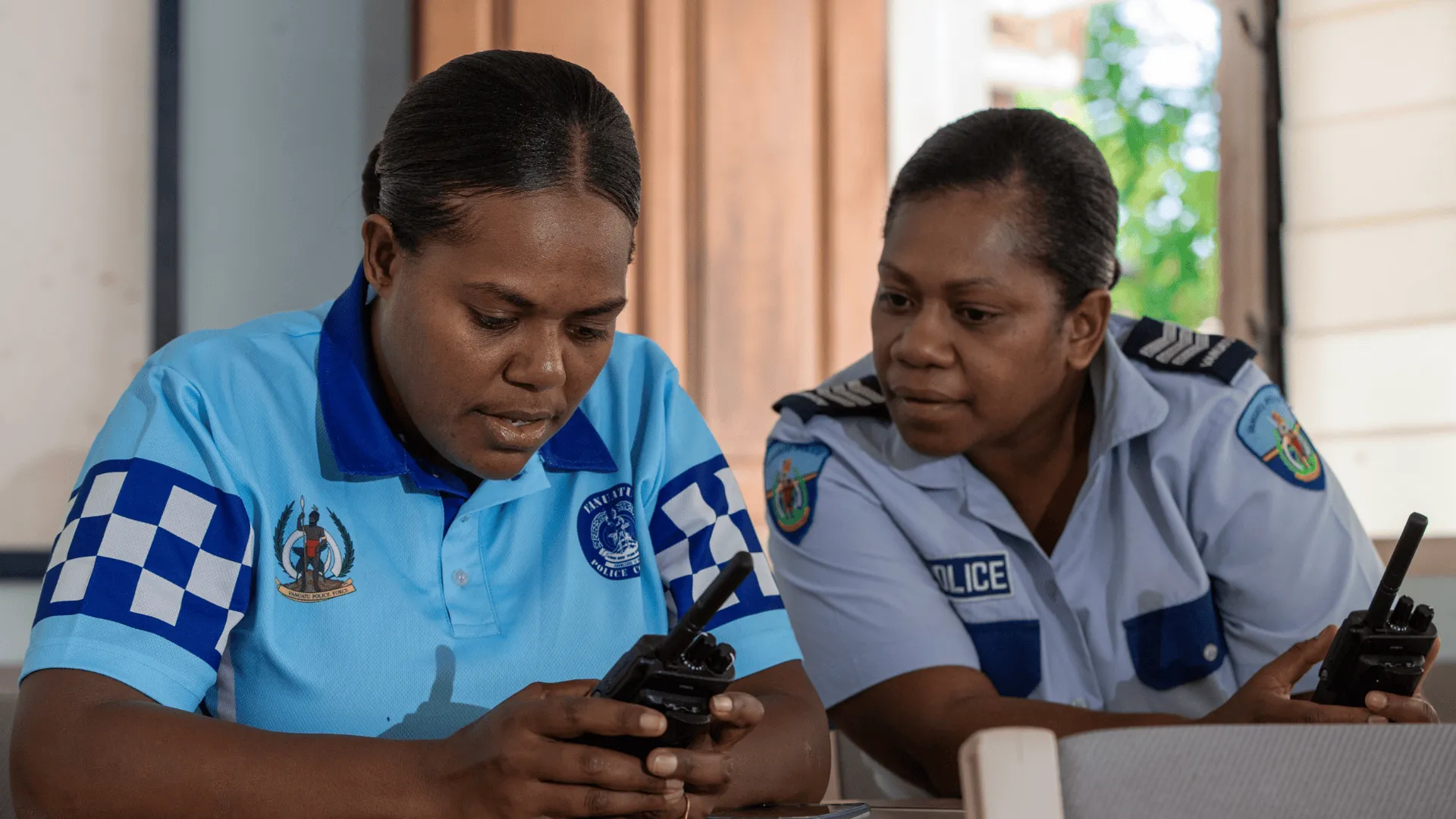
The Women, Peace and Security Index report reminds us that the wellbeing of women and the wellbeing of nations go hand in hand. Photo: CPL Olivia Cameron/Australian Department of Defence
Where next for Pacific wellbeing in regional human security?
Navigating global WPS standards alongside an agreed regionalised or localised wellbeing standard faces some challenges, however.
Chief among these is the potential dissonance with other quantitative measures that are often drawn into an assessment of wellbeing, particularly in relation to women. For example, when Vanuatu ranked first in the Happiest Planet Index (HPI) in 2024, some critics queried the validity of a number one ranking when Vanuatu has some of the highest rates of gender violence and lowest human development indicators (HDI) in the Pacific.
Different indices prioritise different data points: as former Vanuatu Minister Bob Loughman noted, “In 2021, Vanuatu ranked 140th on the HDI, but second in the HPI because of Vanuatu’s prioritisation of sustainability and wellbeing over endless economic growth”.
Indicator bias in global indices can often constrain the fuller picture offered by contextualised measures. This difference is also seen in Samoa, Solomon Islands and Vanuatu’s varied indicator-specific performance versus overall ranks in the WPS Index.
Focusing on wellbeing can therefore better define WPS and collective values of peace and security in the Pacific. It also advances Pacific human security commitments under the Boe Declaration on Regional Security action plan.
When countries drive their own data collection and indices, they reflect what is important to them. With a foundation already established for some countries, a dedicated Pacific measure of wellbeing could be part of a Pacific Peace Index.
When we can better support the factors that contribute to women’s wellbeing, we improve our support for collective wellbeing, peace and security.
Anna Naupa is a Pacific policy and development specialist. She is currently completing a PhD at the Australian National University.
This blog is part of a special series marking the 25th anniversary of United Nations Security Council Resolution 1325 on Women, Peace and Security.
Views expressed via the Pacific Wayfinder blog are not necessarily those of the Pacific Security College.
This article is licensed under a Creative Commons Attribution-NonCommercial-NoDerivatives 4.0 International License (CC BY-NC-ND 4.0). Read our publishing policy.
- Themes:
- Women Peace and Security
